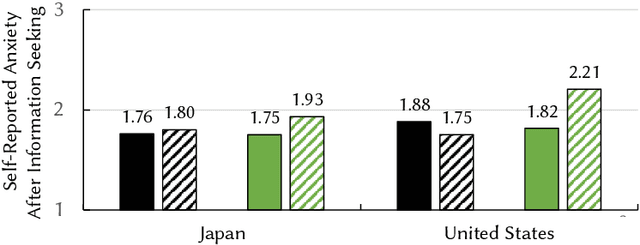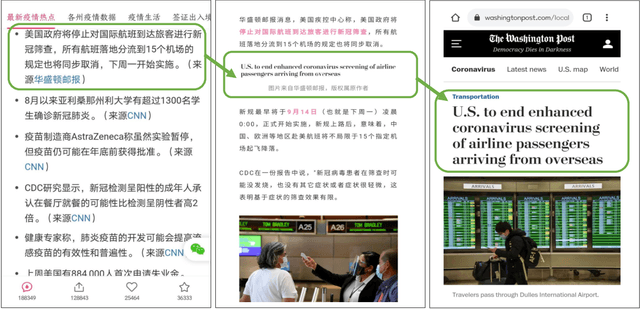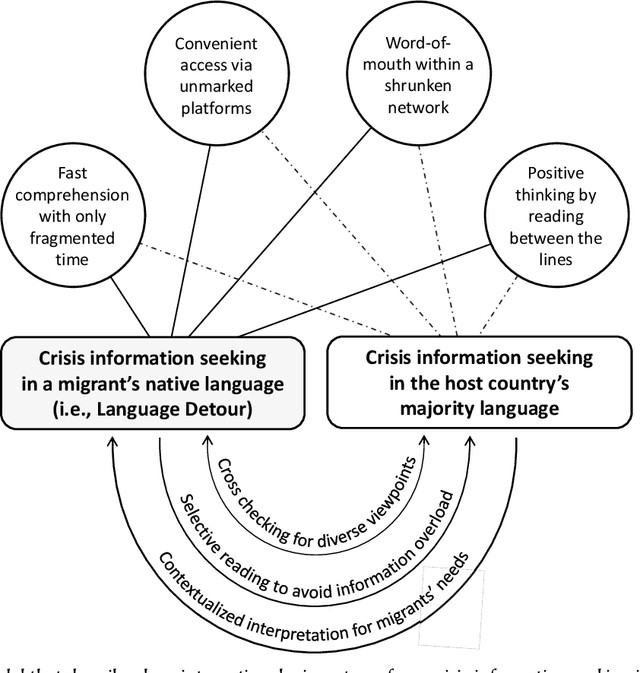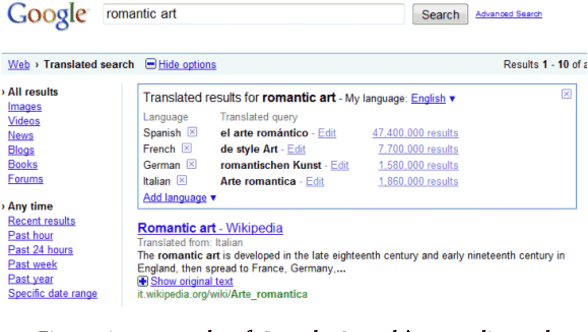Taking a Language Detour: How International Migrants Speaking a Minority Language Seek COVID-Related Information in Their Host Countries
Paper and Code
Sep 07, 2022



Information seeking is crucial for people's self-care and wellbeing in times of public crises. Extensive research has investigated empirical understandings as well as technical solutions to facilitate information seeking by domestic citizens of affected regions. However, limited knowledge is established to support international migrants who need to survive a crisis in their host countries. The current paper presents an interview study with two cohorts of Chinese migrants living in Japan (N=14) and the United States (N=14). Participants reflected on their information seeking experiences during the COVID pandemic. The reflection was supplemented by two weeks of self-tracking where participants maintained records of their COVIDrelated information seeking practice. Our data indicated that participants often took language detours, or visits to Mandarin resources for information about the COVID outbreak in their host countries. They also made strategic use of the Mandarin information to perform selective reading, cross-checking, and contextualized interpretation of COVID-related information in Japanese or English. While such practices enhanced participants' perceived effectiveness of COVID-related information gathering and sensemaking, they disadvantaged people through sometimes incognizant ways. Further, participants lacked the awareness or preference to review migrant-oriented information that was issued by the host country's public authorities despite its availability. Building upon these findings, we discussed solutions to improve international migrants' COVID-related information seeking in their non-native language and cultural environment. We advocated inclusive crisis infrastructures that would engage people with diverse levels of local language fluency, information literacy, and experience in leveraging public services.
 Add to Chrome
Add to Chrome Add to Firefox
Add to Firefox Add to Edge
Add to Edge